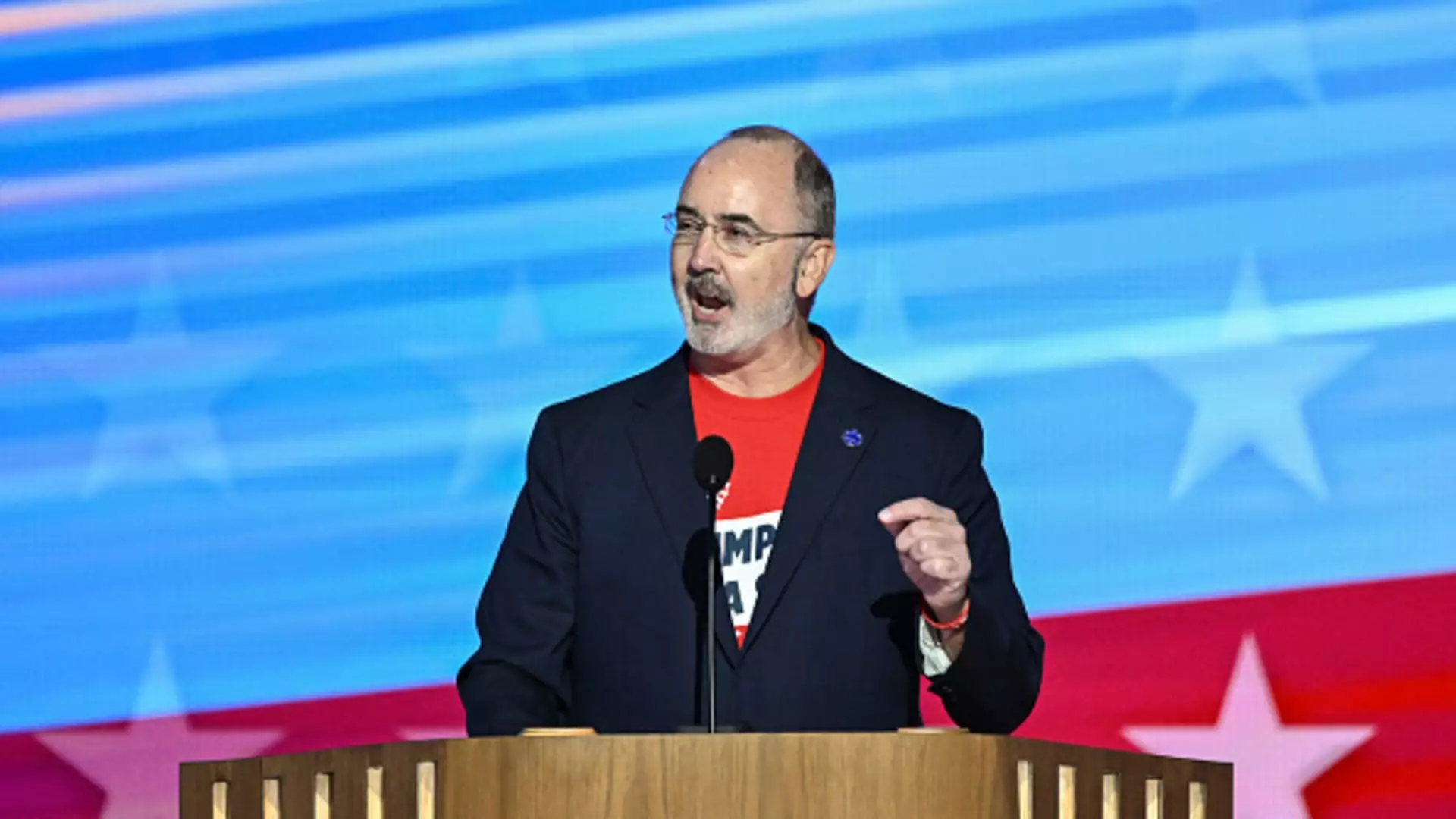The United Auto Workers (UAW) union is currently embroiled in a significant dispute with Stellantis, stemming from alleged violations of contract terms. Recently, the UAW filed federal unfair labor practice charges, claiming that Stellantis not only disregarded their contractual obligations but also sought to relocate the production of the Dodge Durango outside the United States. This legal action marks a compelling chapter in an ongoing saga characterized by rising tensions and mutual dissatisfaction.
UAW President Shawn Fain has emphasized the historic gains achieved during the 2023 contract negotiations, which aimed to bolster job security and revive operations at a previously shuttered assembly plant in Belvidere, Illinois. The contract was perceived as a pivotal victory, securing commitments to maintain production in Detroit and explicitly granting workers the right to strike should the terms be unmet. Fain’s assertion that Stellantis is retracting its promises raises serious concerns about the future of labor relations within the company.
This conflict is not isolated but part of a broader pattern of discontent within the industry, as UAW representatives have voiced frustrations over production cuts and layoffs since the new contract’s inception. Workers are increasingly wary of corporate maneuvers that jeopardize their job stability and undermine the hard-fought rights negotiated by the union.
While the UAW has taken a strong stance against Stellantis, the auto manufacturer has publicly rejected the union’s claims. In August, Stellantis defended its actions by asserting that no breaches had occurred with respect to the commitments outlined in the 2023 Collective Bargaining Agreement. The company’s reluctance to engage in dialogue about these accusations fuels tensions further and signifies a potential escalating conflict between labor and management.
The absence of a response regarding the delay in plans for the Belvidere plant only amplifies concerns over Stellantis’s strategic direction and its implications for UAW members. The union has alleged that attempts to shift the production of the Dodge Durango indicate a broader trend of outsourcing and offshoring that undermines American manufacturing jobs.
In addition to the unfair labor practice charges, multiple local UAW chapters have come forward with their grievances against Stellantis. The allegation centers on the company’s purported attempts to relocate Durango production, violating the national agreement. These grievances reflect deep-rooted dissatisfaction among union members, as the UAW works to protect their interests amid the shifting landscape of automotive production.
Interestingly, the UAW has not specified the timing or proposed location of the potential production move, which leaves a veil of uncertainty hanging over the issue. However, speculation points to a possibility of transferring production to an Ontario plant, drawing attention to the ongoing narrative of domestic vs. international labor dynamics.
As the UAW’s battle against Stellantis unfolds, it serves as a microcosm of the broader challenges facing labor unions today. The confrontation signifies a pivotal moment, testing the resilience of labor rights amid advancing corporate interests. With more than 24 grievances filed against Stellantis, the stakes are high for both the union and the automaker. The resolution of these issues could set a precedent for labor relations in the automotive industry, impacting future negotiations and the overarching landscape of American manufacturing. The outcome of this conflict will be watched closely as it underscores the delicate balance between corporate autonomy and workers’ rights in an ever-evolving economic environment.

